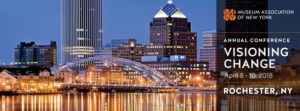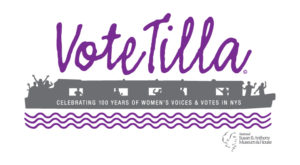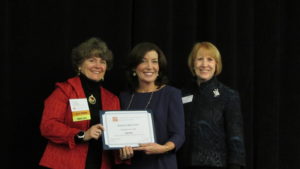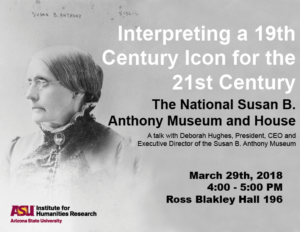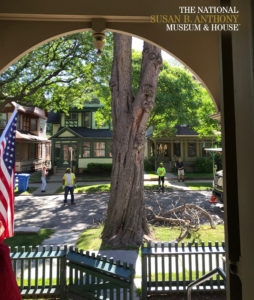
Rochester, NY – The historic, 150-year-old horse chestnut tree which stood in front of the National Susan B. Anthony Museum & House (Anthony Museum) died over the past winter, and was felled by the City of Rochester Forestry Department for safety reasons on June 14. Because of the tree’s significance, Deborah L. Hughes, President and CEO of the Anthony Museum persuaded the City to save the logs. With the collaboration of the City of Rochester Forestry Department, Bill Morse/Wm. B. Morse Lumber Co., Becky Wehle, President of Genesee Country Village & Museum (GCV&M) and Shawn Havranek of Sodus, NY, the logs from this tree will be milled, dried, and stored for future use.
The sawing and piling for drying will take place Saturday, October 27 from 9am–4 pm at GCV&M. The milling event is free and open to the public, and the Anthony Museum will have representatives on hand to discuss the tree’s history and significance. Those interested in observing the milling process can check in at GCV&M Admissions for instructions and directions to the location. GCV&M is also planning its annual Trick-or-Treating celebration that day from noon–4 pm. Admission is $8 for youth ages 1–17/$5 for member youth. All children under the age of 1 and adults that are accompanying children are free. Tickets are available online or at the door for Trick-or-Treating, and are separate from the log milling.
GCV&M will provide space in their historic village to pile the lumber on traditional foundations to naturally air dry for the next couple of years. Becky Wehle expressed that they are, “pleased to be able to help preserve this important 19th-century tree using historic drying methods and look forward to it having new life when the process is complete.” At that time, the lumber will be used for projects yet to be determined.
Why is this tree important? This iconic tree was mature at the time Susan B. Anthony lived at 17 Madison Street, and was witness to many key events in the life of the noted suffragist, including her arrest for voting in 1872, and the crowds that gathered at her house on her death in 1906. This tree was recently featured in the book, Wise Trees by Diane Cook, Len Jenshel, and Verlyn Klinkenborg, and published by Abrahms.
Questions related to this event may be directed to pr@susanb.orgor jvanry@gcv.org
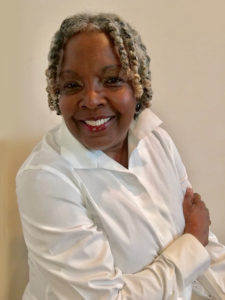




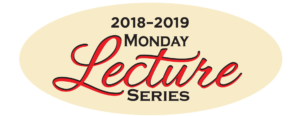
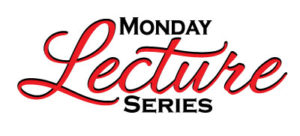
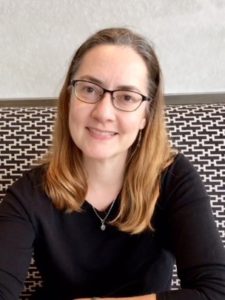 When a woman spoke out or performed on a public stage or reform platform in mid-19th c. America, she was likely to be labelled a “nasty woman” – or worse. Whether as a suffragist, spiritualist, abolitionist or actress, if she were seen to abandon her sacred domestic role as the “Angel in the House” a woman might expect fierce public scrutiny and often scathing criticism. This talk will discuss the struggles and strategies of celebrated women activists and reformers like Susan B. Anthony, who despite relentless opposition, nonetheless persisted in making their voices heard.
When a woman spoke out or performed on a public stage or reform platform in mid-19th c. America, she was likely to be labelled a “nasty woman” – or worse. Whether as a suffragist, spiritualist, abolitionist or actress, if she were seen to abandon her sacred domestic role as the “Angel in the House” a woman might expect fierce public scrutiny and often scathing criticism. This talk will discuss the struggles and strategies of celebrated women activists and reformers like Susan B. Anthony, who despite relentless opposition, nonetheless persisted in making their voices heard.